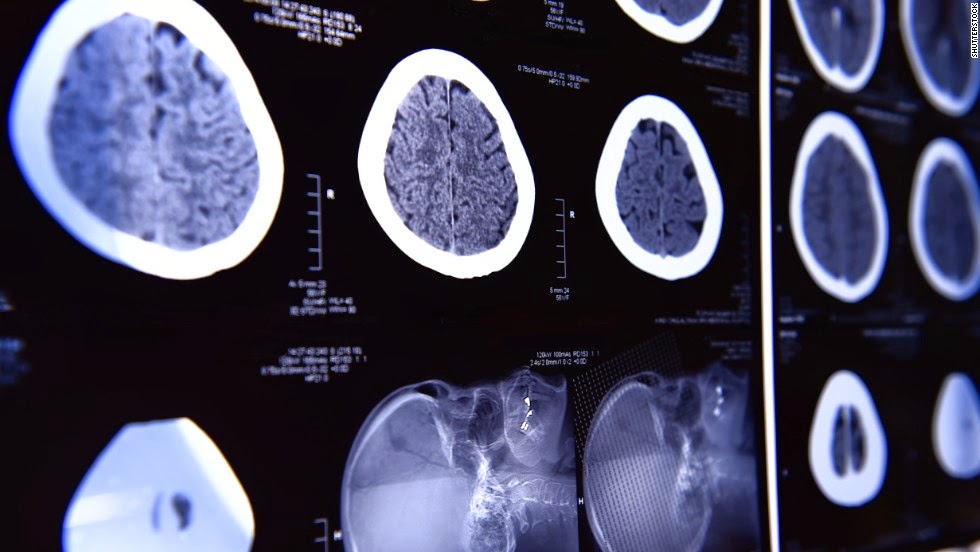Feds Call On Schools To Address Discipline Disparities
 |
| Aggressive Behaviors are common in Autism |
Students with disabilities and those from minority groups are disproportionately suspended or expelled, often for petty violations of school rules, federal officials say. The new guidancedeveloped by the U.S. Department of Education and the Department of Justice is designed to ensure that discipline policies are fair, effective and do not violate students’ civil rights.
“A routine school disciplinary infraction should land a student in the principal’s office, not in a police precinct,” said Attorney General Eric Holder who called out “zero-tolerance” policies that can unintentionally make students feel unwelcome in their schools. “As it stands, far too many students across the country are diverted from the path to success by unnecessarily harsh discipline policies and practices that exclude them from school for minor infractions,” Holder said. “Alarming numbers of young people are suspended, expelled or even arrested for relatively minor transgressions like school uniform violations, schoolyard fights or showing ‘disrespect’ by laughing in class.” Join discussion @ Disabilityscoop



Comments
Post a Comment